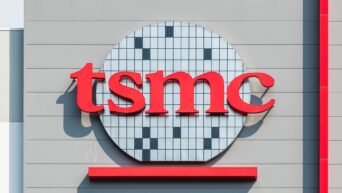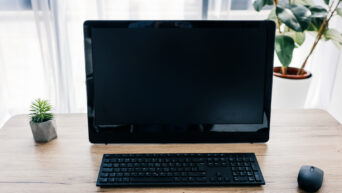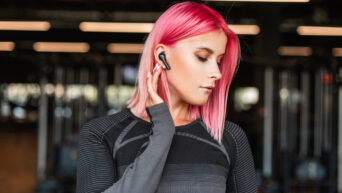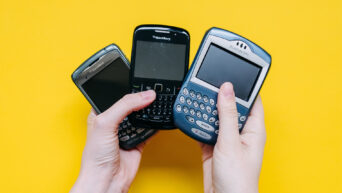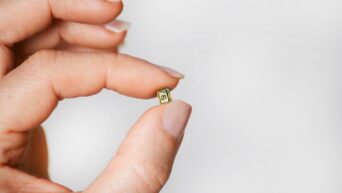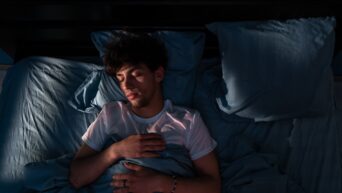As handheld devices like phones and tablets enter the hands of children more easily, some parents have been concerned that constant exposure to a backlit screen may be detrimental to their physical and/or psychological health. One of the leading concerns is that too much screen time before bed will make it harder for children to fall and stay asleep. Opinions have been waffling for a few years on this subject, but a new study from Oxford may have a more definitive answer.
Utilizing data from an experiment performed in 2016, the Oxford team studied a series of surveys completed by the parents of the children who were tested in that experiment. According to the parents’ own admissions, any sleep loss experienced by the children was extremely minute at best. The majority of the subject children lost only between 3 and 8 minutes from their total sleep time, even after high levels of screen viewing close to bedtime. Even a teenager dedicating an entire 8 hours straight to watching a screen suffered a sleep loss of only 30 minutes. So while over-exposure to technology does cause some sleep loss, the amount lost is almost completely inconsequential.
These results place a large question mark on any previous sleep and technology correlation studies, and may necessitate a large-scale do-over with larger sample sizes. Statistics show that 50 to 90% of school-age children experience loss of sleep, but whatever’s causing it, it isn’t their phones.




